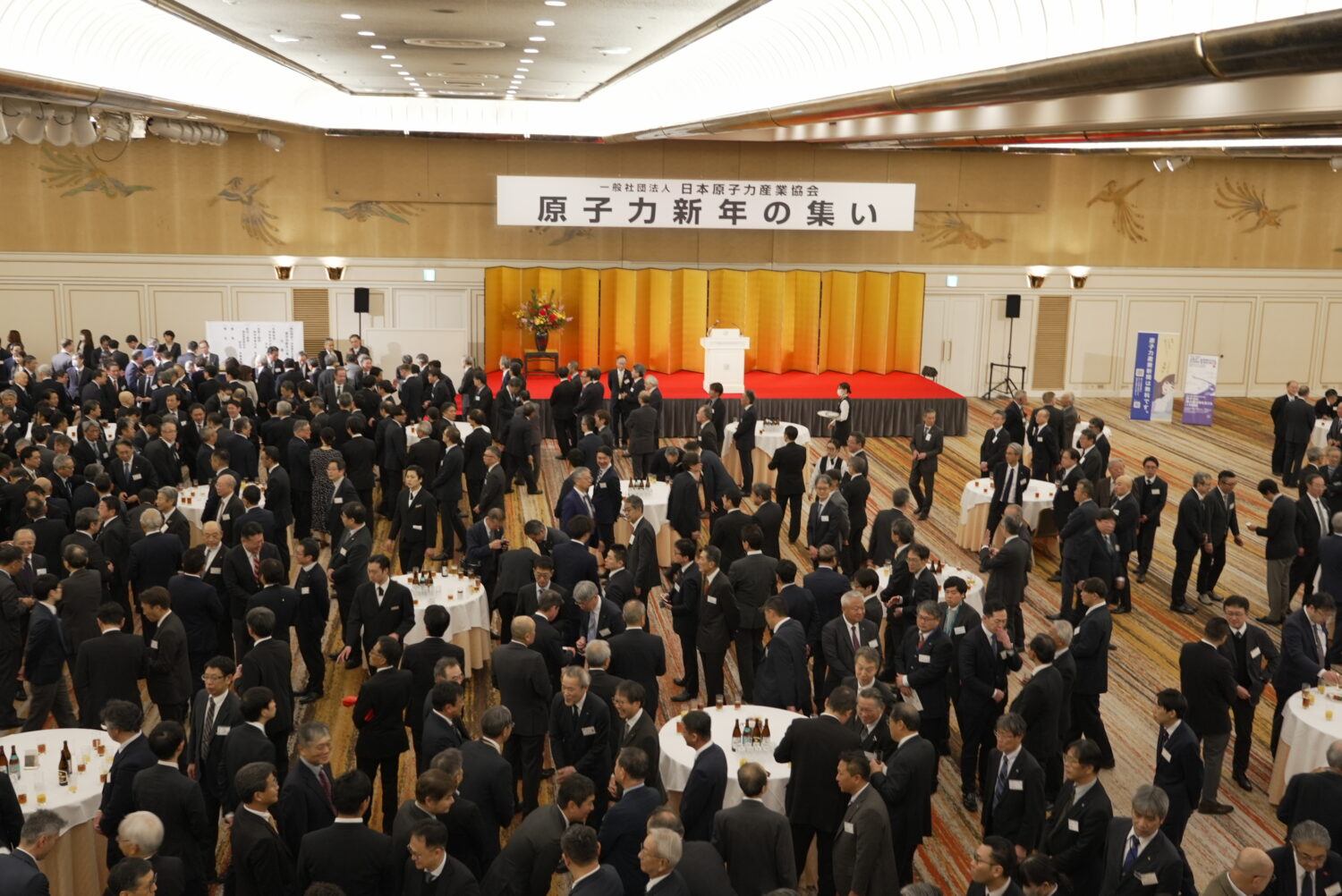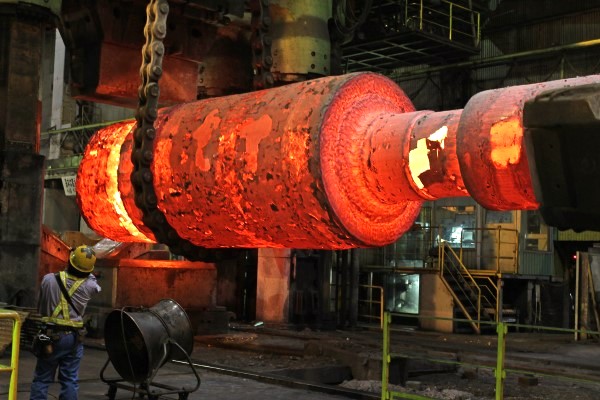Although he expects the industry to secure the capacity margin of 3% necessary for a stable supply of electricity, the FEPC chairman said that he was concerned that the situation remains “very severe.” Given that sharp changes in demand are still possible as a result of higher temperatures, and that there could be unexpected shutdowns of power plants on the supply side, among other problems, he said there was “virtually no reserve energy,” and that the supply and demand situation would be like “walking on a tightrope.”
The Agency for Natural Resources and Energy (ANRE) integrated the power supply and demand outlooks submitted by Japan’s ten electric power companies into a single report, assuming that no nuclear power plants (NPPs) would be in operation. The report was released at a meeting of the verification subcommittee on April 16.
According to the power companies, they will need to mutually interchange power — just as they did last summer when all the country’s nuclear power plants were shut down — so as to secure a capacity margin of 3%. They will also take steps to avoid putting additional pressure on the situation, such as putting off their periodic inspections of thermal power plants, even those already in service for many years.
Related to that, Chairman Yagi showed his concern during the April 17 press conference for the continuing burden of thermal power fuel costs. Total fuel consumption for thermal-power generation of the ten power companies in the previous fiscal year (ended March 2015) stood at 101.71 million barrels of oil, and 56.61 million tons of LNG.
Although Japan’s oil consumption has decreased year on year, it remains 50% higher than it was in the year prior to the great earthquake of March 2011. Meanwhile, the country’s LNG consumption has set new record highs for four years in a row since FY11 (ended March 2012), and now stands 40% above its level prior to the earthquake.
Worried about the possible continuation of the increase in thermal fuel costs, Yagi said that FEPC would try to get the country’s NPPs restarted as soon as a possible in order to achieve a stable supply of energy at low cost, placing top priority on safety.
Additionally, the FEPC chairman mentioned the Organization for Cross-Regional Coordination of Transmission Operators (OCCTO), launched this month in association with power system reform. He said that he expected it to play the core role in coordinating frequency conversion, directing interchanges, and planning and developing transmission networks.











-013.jpg)



